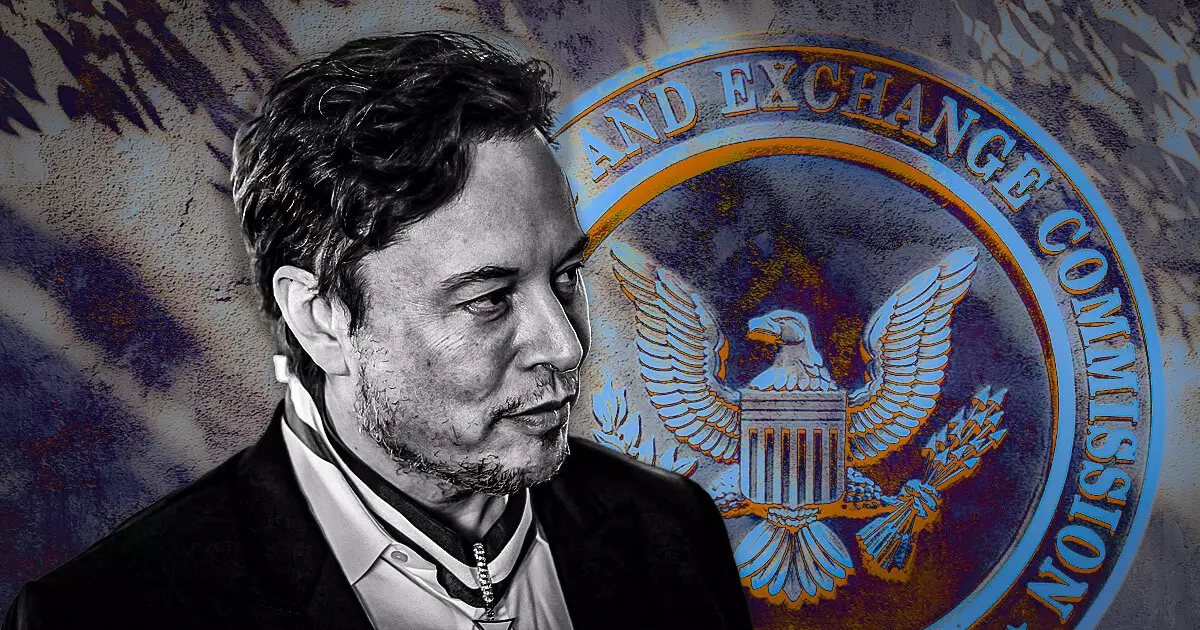Under the leadership of Elon Musk, the Department of Government Efficiency (DOGE) has embarked on an ambitious mission to reform governmental spending and operational efficiency. Recently, the spotlight has turned toward the US Securities and Exchange Commission (SEC) as DOGE seeks to uncover inefficiencies and unethical practices within the agency. This unprecedented move signifies an evolving approach to accountability in government institutions, particularly in sensitive areas such as financial regulation.
On February 17, DOGE took to social media to solicit insights from the public regarding potential waste and misconduct within the SEC. This call to action aimed to empower citizens to play a role in governmental oversight, fostering an environment where transparency is prioritized. By inviting direct messages, DOGE has not only engaged the public but also hinted at a broader strategy reminiscent of methodologies previously applied to other government bodies. This active push for public involvement may represent a significant shift in how agencies approach internal issues, potentially reshaping the narrative around regulatory bodies.
The SEC has recently faced a barrage of criticism, particularly regarding its enforcement actions under former Chair Gary Gensler. Legal losses against various entities have raised questions about the agency’s operational integrity. For instance, in the case against Debt Box, the SEC’s admissions of inaccuracies sparked a court ruling that held the agency responsible for the company’s legal costs. Such rulings not only highlight the vulnerabilities within the SEC’s enforcement practices but also undermine its authority, warranting careful scrutiny from watchdogs like DOGE.
The crypto community has reacted strongly to DOGE’s initiative, viewing it as a potential opportunity to re-evaluate the SEC’s regulatory framework regarding digital assets. Critics, including legal experts and market advocates, contend that the SEC’s designation of cryptocurrencies such as Cardano and XRP as securities has initiated unnecessary legal challenges, damaging investor confidence and introducing unpredictability to the market. There is a growing hope that DOGE’s inquiry will clarify the rationale behind these designations, offering insights into the SEC’s decision-making processes and paving the way for more equitable regulations in the future.
As DOGE shines a light on potential inefficiencies within the SEC, it raises important questions about governance, accountability, and transparency in financial regulation. The public’s response to this initiative could serve as a pivotal moment in redefining how regulatory bodies operate and interact with both the entities they oversee and the general public. By demanding engagement and encouraging citizen involvement, DOGE is not just challenging the status quo; it is advancing a vision for a government that is more efficient, accountable, and attuned to the needs of its constituents. In a time where trust in regulatory institutions is paramount, DOGE’s efforts could represent a significant step toward restoring credibility and fostering a robust dialogue about the future of financial governance.

